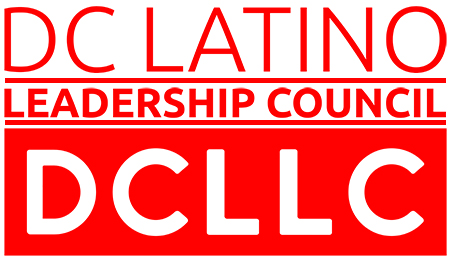WASHINGTON — Federal regulators are proposing a clampdown that is significant payday loan providers as well as other providers of high-interest loans, saying borrowers have to be protected from techniques that ramp up changing into “debt traps” for several.
The customer Financial Protection Bureau’s proposed laws, established Thursday, seek to tackle two typical complaints concerning the payday financing industry.
The CFPB is proposing that loan providers must conduct what exactly is referred to as a “full-payment test.” Since most pay day loans are expected to be compensated in complete if they come due, frequently fourteen days following the cash is lent, the CFPB desires loan providers to show that borrowers have the ability to repay that cash without the need to renew the mortgage over and over over repeatedly.
A lot of borrowers searching for a short-term money fix are saddled with loans they can’t pay for and sink into long-lasting financial obligation.
Next, the CFPB would need that lenders give extra warnings before they make an effort to debit a debtor’s banking account, and additionally limit the sheer number of times they are able to try to debit the account. The goal is to reduce the frequency of overdraft costs that are common with those who sign up for pay day loans.
“a lot of borrowers looking for a short-term money fix are saddled with loans they are unable to manage and sink into long-term debt,” CFPB Director Richard Cordray stated in a statement that is prepared.
Cordray compared the specific situation to getting into a taxi for the crosstown ride and finding yourself stuck on a “ruinously costly” journey in the united states. The proposal was said by him would make an effort to “prevent loan providers from succeeding by establishing borrowers to fail.”
Payday loan providers will have to offer borrowers at the least three times’ notice before debiting their account. Additionally, if the payday lender tries to gather the income for the mortgage twice unsuccessfully, the lending company shall need to get written authorization through the debtor to try to debit their account once again.
Bing claims it will ban ads from payday loan providers, calling the industry “deceptive” and “harmful.”
In a research posted a year ago, the CFPB discovered that payday borrowers had been charged an average of $185 in overdraft charges and bank charges brought on by payday loan providers trying to debit the debtor’s account.
The CFPB can also be proposing that auto games no further be applied as security, which may effortlessly end the lending industry that is auto-title.
A split research discovered this one from every five borrowers of car name loans had been having their automobiles seized after failing continually to repay the loan, which frequently had a second negative effectation of depriving them of the method for the debtor to arrive at his / her task.
The CFPB unearthed that yearly portion prices on payday advances can typically be 390 per cent if not greater, while prices on car name loans are about 300 %.
The proposed laws are going to face opposition that is stiff lobbyists through the payday financing industry and auto-title financing industry, in addition to opposition from people of Congress.
“The CFPB’s proposed guideline presents an astounding blow to customers because it will stop use of credit for an incredible number of Us citizens who utilize small-dollar loans to handle a budget shortfall or unforeseen cost,” stated Dennis Shaul, CEO regarding the Community Financial Services Association of America, which can be a trade team when it comes to payday financing industry.
Latest Company
Working Lunch Newsletter
Based on the trade team, the new guidelines would expel 84 per cent associated with the industry’s loan amount and would probably end up in payday lender storefronts shutting.
Customer advocates had mixed reactions to your bureau’s proposal, some saying the proposed discover this limitations usually do not get far enough.
Nick Bourke, manager regarding the small-dollar loans task in the Pew Charitable Trusts, stated that the guideline to report a debtor’s capacity to spend is great, nonetheless it doesn’t deal with the high rates of interest the products frequently charge.
The agency is searching for feedback from interested events therefore the public that is general the proposals before last laws are released. Remarks are due by Sept. 14.
